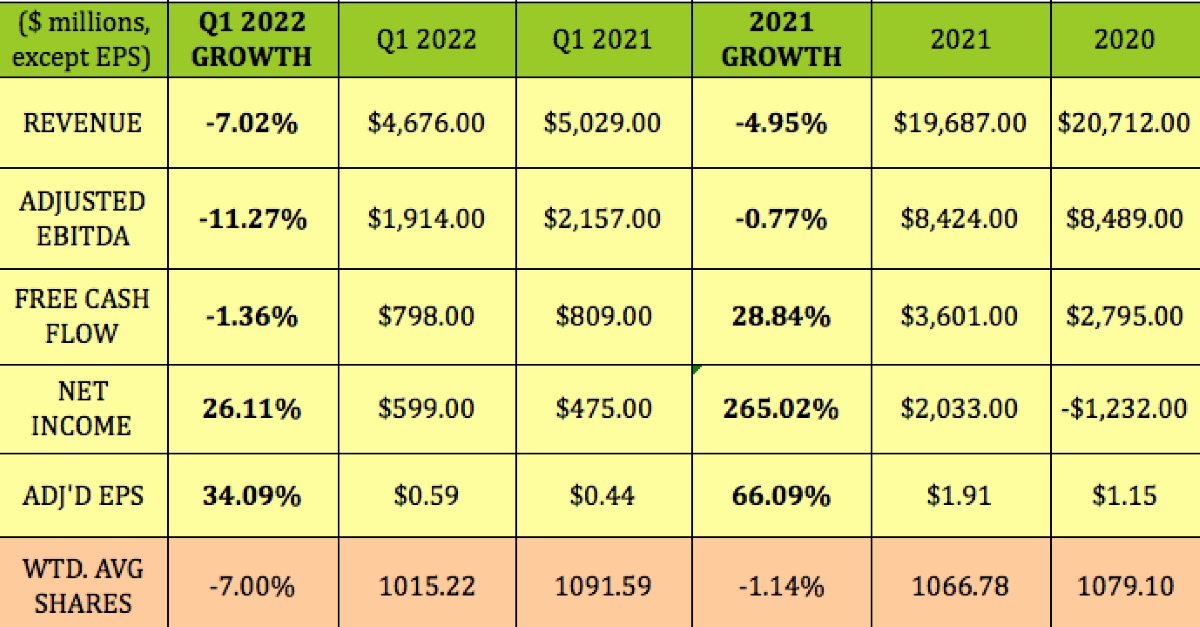

Finance
Counterbid Definition
Published: November 4, 2023
Learn the meaning of counterbid in finance and how it affects negotiations. Discover how counterbids can impact buying and selling transactions in the financial market.
(Many of the links in this article redirect to a specific reviewed product. Your purchase of these products through affiliate links helps to generate commission for LiveWell, at no extra cost. Learn more)
Understanding Counterbid Definition: A Guide to Navigating the Financial Landscape
Finance, undoubtedly, plays a crucial role in our lives. Whether it’s managing personal finances, investing for the future, or understanding complex financial terms, having a solid grasp on financial concepts is essential. In this article, we will dive into the world of counterbids and explore their definition, importance, and how they can impact various financial transactions.
Key Takeaways:
- Counterbids are offers made in response to an original bid, often seen in auctions or negotiations.
- Understanding counterbids can provide leverage in negotiations, allowing you to maximize your financial outcomes.
So, what exactly is a counterbid? A counterbid is an offer made in response to an original bid or proposal. It typically arises in situations such as auctions, real estate negotiations, stock exchanges, or contract bidding processes. When someone receives a bid or offer that they find insufficient or unfavorable, they have the option to respond with a counterbid, essentially stating their revised terms and conditions.
In the realm of finance, counterbids can have a significant impact on the outcomes of various transactions. Let’s explore their importance in different scenarios:
1. Real Estate:
Counterbids are commonly seen in the real estate market. When buying a property, potential buyers submit offers to the seller. If the seller finds the offer unsatisfactory, they may counter with a higher price or different terms. This back-and-forth process continues until both parties reach a mutually agreeable price, facilitating a successful transaction.
2. Stock Market:
In the world of stocks and investments, counterbids can arise during tender offers or takeover attempts. When a company makes an offer to acquire another company, the target company may reject the bid if it feels undervalued. They can then respond with a counterbid, proposing a higher acquisition price or different terms.
Now that we understand the significance of counterbids, let’s take a closer look at their implications:
The Impact of Counterbids:
Counterbids can have several effects on financial transactions:
1. Negotiating Power:
By making a counterbid, you assert your negotiating power, indicating that the initial offer does not meet your expectations. This can result in better terms or even a lower price, depending on the specific circumstances. Negotiating through counterbids enables you to express your preferences and potentially improve your financial outcomes.
2. Competitive Advantage:
Counterbids can create a competitive environment where multiple parties are vying for the same asset or opportunity. This competition increases the chances of obtaining a better deal. As a result, both buyers and sellers may benefit from the presence of counterbids, as they can drive the transaction value to more favorable levels.
Counterbids should not be confused with counteroffers, which involve a similar negotiation process but typically occur in contractual arrangements. Counterbids, on the other hand, are commonly associated with competitive scenarios such as auctions, acquisitions, or property negotiations.
As we conclude our exploration of counterbid definition, it’s clear that understanding and harnessing the power of counterbids can play a significant role in achieving favorable financial outcomes. Whether you are an investor, a buyer, or a seller, grasp the concept of counterbids, and use them to your advantage in a wide range of financial transactions.














